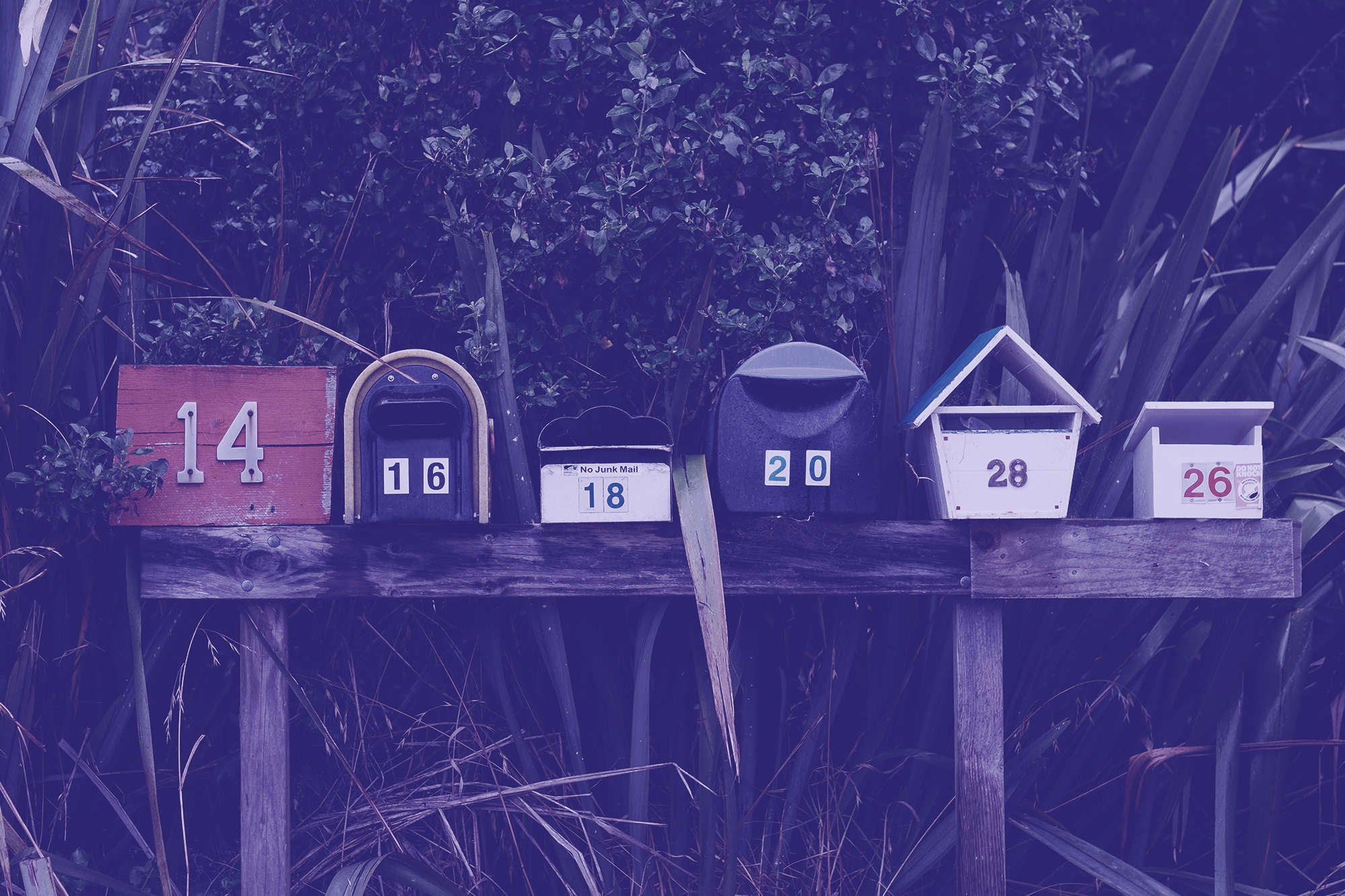Learning English in your spare time is really helping you, but what happens when you need to use it at work? We’ve been studying for ages and yet do not speak fluently. Time to speak more English if we want to speak better English.
Here are some easy ways to practice your English at work:
Try to use English at work every day: you can start slowly but steadily, do something in English as part of your work, send a mail, make a phone call, book an appointment, etc. Start with easy tasks and increase difficulty gradually. Have some of your colleagues help you when preparing and/or to check your message.
Interact on social networks in English, especially in professional ones, where you get to practice vocabulary related to your field. Interacting means to get actively involved, not just read and share, so follow specialised/professional blogs, news, media and write comments, participate in groups, report news, express your point of view, etc.
Do you have a foreign co-worker? Make friends with him/her. Take advantage and try to have casual conversations first, before moving into more professional ones.
Or just do it the other way around, some people feel more confident when they know the subject they are talking about. Do whatever feels right for you.
You don’t have a multicultural work environment where you get the chance to practice your English skills? Create one!! agree on a day/time and try to get your team involved in communicating in English for that time span. Or do a regular progress meeting in English, to get used to speaking it in a “safe” environment at the work place. Certainly, you don’t want to start on it with that very important meeting at the client, but you’ll be better prepared and more confident if you’ve already had some practice.
Probably some days you just won’t feel like it, or you’ll have too much workload to focus on English but keep it mind and create a habit. The most important thing is that it becomes a regular practice and not something that feels awkward.
Easy, peasy!

¿Sabes cómo decir los números en inglés? Parece algo bastante sencillo, ¿verdad? pues ahora piensa en los números grandes, en números de teléfono, en cómo decir una cantidad de dinero, en decimales… esto ya es otra cosa amigos porque la historia se complica y no es tan fácil como parece a simple vista.
En este post le damos un repaso a los números en inglés y te contamos algunos tips para hablar de todos ellos.
Let’s see it step by step, vamos a verlo paso por paso
Los números grandes o large numbers
Vamos a ponerte a prueba, ¿cómo dirías el siguiente número en ingles?
330,450
Respuesta: three hundred (and) thirty thousand four hundred (and) fifty
Observa:
Podemos usar «and» o no, esto es opcional, pero si lo usamos suele ir entre hundred y thousand, y no es necesario usarlo de nuevo después de thousand.
Decimos hundred – thousand – million pero no usamos -s al final aunque sean varios (hundreds– thousands, millions) a no ser que digamos algo como There were hundreds of people.
Podemos decir a hundred/thousand o one hundred/thousand. No hay una diferencia significativa entre usar uno u otro, quizá con one le damos más énfasis, pero puedes usar tanto uno como otro sin problema.
Atento a la pronunciación de hundred y thousand
Al hablar de dinero o currency
Escribirlo es muy fácil, pero ¿cómo decimos una cantidad de dinero al hablar? Veamos los siguientes ejemplos
| Escrito | Hablado |
| €3.80 | three euros and eighty cents o más corto/informal, three (euros) eighty |
| $60.52 | sixty dollars and fifty two cents o sixty fifty two (dollars) |
| £15.50 | fifteen fifty pounds o fifteen pounds fifty cents |
| €3.8m | three point eight million euros |
| £1.6m | one point six million pounds |
| $2.7bn | two point seven billion dollars |
Observa:
Si es una cantidad con decimales, las separamos con punto.
Al hablar de million y billion pasa lo mismo que con hundred y thousand, si son varios no añadimos una -s (millions, billions).
Porcentajes, decimales y fracciones o percentages, decimals and fractions
De nuevo distinguimos entre la forma escrita y la forma hablada
Porcentajes
| Escrito | Hablado |
| 5% | five percent |
| 11.3% | eleven point three percent |
| 36.25% | thirty-six point two five percent |
| 100% | one hundred percent |
Decimales
| Escrito | Hablado |
| 2.95 | two point nine five |
| 0.75 | zero point seven five |
| 0.234 | zero point two three four |
Fracciones
| Escrito | Hablado |
| 1/2 | a half |
| 1/3 | a third |
| 1/4 | a quarter |
| 2/5 | two fifths |
| 2/8 | two eighths |
Observa:
Escribimos y decimos «point» siempre y los números después del punto se dicen de uno en uno (como en 0.75 point seven five y no seventy five) tanto en porcentajes como en decimales.
Importante: en inglés se usa siempre punto y no coma al escribir en los casos de decimales y porcentajes al igual que cuando hablamos de currency. Por el contrario, al usar cantidades grandes (miles, millones, etc) en inglés se usa coma y no punto. Mira éstos ejemplos
Large number 1,500 (English) – 1.500 (Spanish)
Large number 205,683 (English) – 205.683 (Spanish)
Large number 1,800,000 (English) – 1.800.000 (Spanish)
Decimal 2.95 (English) – 2,95 (Spanish)
Decimal 0.75 (English) – 0,75 (Spanish)
Currency €7.55 (English) – 7,55€ (Spanish)
En fracciones recuerda que hay que usar el número ordinal en el segundo, en casos como 2/5 two fifths 2/8 – two eighths
Números de teléfono
Parece muy fácil y lo es, pero cuando estamos al teléfono y nos toca decir o anotar un número, nos entran los nervios y ya se nos olvidan hasta los números en inglés.
| Escrito | Hablado |
| 809 77 03 56 | eight oh nine double seven oh three five six |
| (0034) – 556 160 372 | (country code) double oh three four – double five six one six oh three seven two |
Observa:
Los números de teléfono se suelen decir uno por uno pero si hay dos iguales seguidos puedes decir double seven.
El cero se puede decir tal cual zero y también es frecuente decir «oh» (*ou) como si dijeras la letra O vaya, al dar un número de teléfono.
En algunos casos puedes identificar el prefijo de país (country code) o de la región (area code) antes de indicar los números que corresponden. Por ejemplo country code 0044 (double oh, double four) area code 863 (eight six three) y luego ya decimos el resto de los números.
El cero 0
El caso del cero es muy particular en inglés dependiendo del contexto. Algunos tips de uso:
zero – para decir la cifra por sí sola, en decimales y porcentajes, números de teléfono y algunas frases hechas.
o («ou» como la letra O) – para los teléfonos, direcciones, horas y temperaturas.
nil – para resultados deportivos
nought – aunque no se usa en US English, es frecuente en otros países para expresar decimales.
Algunos ejemplos
2-0 (football) = «Two nil»
30-0 (tennis) = «Thirty love»
604 7721 (phone number) = «six oh four…»
0.4 (a number) = «nought point four» or «zero point four»
0ºC (temperature) = «zero degrees»
Los años o years
Cuando hablamos de los años y tenemos números de cuatro cifras, solemos agruparlos de dos en dos
| Escrito | Hablado |
| 1956 | nineteen fifty two |
| 2011 | twenty eleven |
| 2018 | twenty eighteen |
Excepto si hablamos de años como los comprendidos entre 2000 y 2009, en estos casos y para evitar confusiones diríamos mejor
| Escrito | Hablado |
| 2000 | two thousand |
| 2005 | two thousand five |
| 2009 | two thousand nine |
Al margen de los años, el tema de las fechas puede resultar un poco más complejo, puedes ver este post donde lo explicamos brevemente
Un último tip, cuidado con la pronunciación de los números sobre todo cuando hay que distinguir entre pares como fifty/fifteen o thirty/thirteen. La sílaba fuerte es diferente en cada caso.
Observa y escucha:
FIFty – fifTEEN / THIRty – thirTEEN
Y aunque parezca algo muy simple, os pongo de ejemplo una anécdota real que le pasó a uno de mis amigos: estaba negociando con un cliente el número de horas que emplearían en realizar un proyecto y mi amigo estuvo de acuerdo en la cantidad que se mencionó en la reunión, hasta que al ver la documentación por escrito pudo comprobar que había accedido a realizar el proyecto en 15 horas en lugar de 50 horas como él pensaba. Bastante diferente no? Imagina que te pasa a ti.
En estos casos lo mejor es siempre, siempre double check o pedir la aclaración: sorry, did you say fifty – five oh or fifteen – one five? Más vale pasar un poquito de apuro en ese momento por preguntar just in case que luego equivocarnos y que tenga consecuencias más graves.
Con este repaso y todos estos tips a partir de ahora no habrá más números en inglés que se te resistan.

Y no nos referimos solo a easy o difficult sino a frases como: esto es pan comido, está tirado, lo hago con los ojos cerrados…¿quieres saber cómo decir que algo es fácil (o difícil) en inglés?
Vamos a ver primero cómo decir que algo es fácil en inglés. Una de las expresiones más comunes es tan sencilla como decir it’s a piece of cake, que es el equivalente a nuestro es pan comido, está chupado. Otra de nuestras favoritas es it’s not rocket science, rocket science sería algo así como la ciencia para construir cohetes, y usamos esta expresión cuando algo no puede ser tan difícil, vamos que no será para tanto, no? A continuación puedes ver más frases para saber cómo decir que algo es fácil en inglés.
WAYS TO SAY SOMETHING IS EASY
Easy peasy. (Es super fácil)
It’s a piece of cake. (Es muy fácil, es pan comido)
It’s as easy as pie. (Es muy fácil, es pan comido)
It’s a breeze. (Es muy fácil, es pan comido)
It’s a doddle. (Es muy fácil, es pan comido)
It’s a cinch. (Es muy fácil, es pan comido)
Seguimos con más alternativas para decir que algo es fácil, éstas son un poquito (pero solo un poco) más largas
Anyone can do it. (Cualquiera puede hacerlo)
It’s child’s play. (Es un juego de niños, es muy fácil)
It’s a walk in the park. (Es un paseo por el parque, es muy fácil)
It’s not rocket science. (No es “ingeniería aeroespacial”, es fácil)
You can do it with your eyes shut. (Puedes hacerlo con los ojos cerrados)
You could do it in your sleep. (Podrías hacerlo mientras duermes)
I could do it with one hand tied behind my back. (Podría hacerlo con una mano atada a la espalda)
Ya tienes dónde elegir! Ahora vamos a ver cómo decir que algo es difícil en inglés
Pues sí, hay cosas que no son tan fáciles como parecen y una manera más polite de decir que algo es difícil puede ser it’s challenging. Challenge es un reto, un desafío, así que ya vemos por dónde va la idea. Más formas de decir que algo es difícil
WAYS TO SAY SOMETHING IS DIFFICULT
It’s not so easy. (No es tan fácil)
It’s not as easy as it looks. (No es tan fácil como parece)
It’s quite difficult actually. (Es bastante difícil, de hecho)
It’s a bit tricky. (Tiene truco, es un poco complicado)
It isn’t a walk in the park. (No es un paseo por el parque, no es fácil)
It’s not the easiest thing in the world. (No es la cosa más fácil del mundo)
It’s quite tough at times. (Es bastante duro/difícil a veces)
It’s a bit hard going. (Es un poco duro/difícil)
This job is quite demanding. (Este trabajo es bastante exigente)
This job is not for the faint-hearted. (Este trabajo no es para los débiles de corazón)
It’s not for the inexperienced. (No es para inexpertos)
It’s tricky to get it right. (Es difícil hacerlo/entenderlo bien)
It can be a nightmarish experience. (Puede ser una experiencia de pesadilla)
Si además de saber cómo decir que algo es fácil en inglés o que es difícil, quieres aprender más frases cortas de uso habitual, no te pierdas estas 80 expresiones útiles
¿Cómo de fácil ha sido aprender estas frases? Was it a piece of cake? A walk in the park? O más bien a bit tricky? Cuéntanos cuál es tu favorita, ¿sabes alguna otra?



